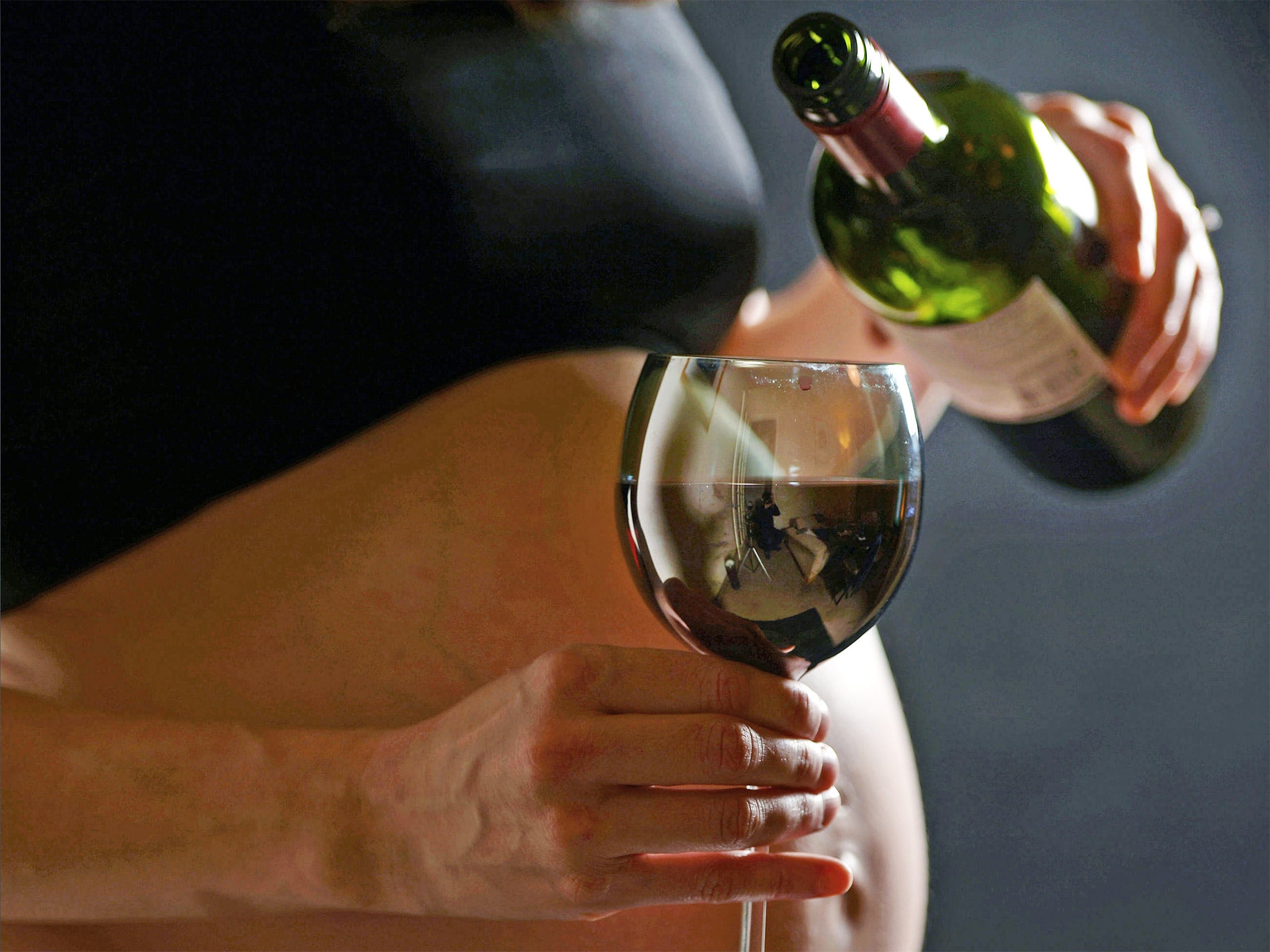Pregnant women 'should be advised to totally avoid alcohol'
Two health experts agree that current advice for drinking during pregnancy 'flies in the face of evidence'

Women should be warned to steer clear of alcohol for the whole of pregnancy to avoid harming their baby, two experts have argued.
Mary Mather, a retired paediatrician, and Kate Wiles, a doctoral research fellow in obstetric medicine at Guy's and St Thomas' NHS Foundation Trust, said the "only ethical advice that can be given is complete abstinence from alcohol in pregnancy".
They said women were faced with "confusing" and "contradictory" messages about drinking while pregnant.
Current guidance "flies in the face of evidence", while other countries, including the US, Canada, Denmark, France, Norway, Israel, Mexico, Australia, Ireland, New Zealand and Spain recommend no alcohol in pregnancy, they said.
In the UK, the Department of Health recommends that women should avoid alcohol altogether. But, it says, if they do opt to have a drink, they should have no more than one or two units of alcohol (equivalent to one or two small glasses of wine) once or twice a week.
The National Institute for Health and Care Excellence (Nice) advises women to avoid alcohol in the first three months in particular, because of the increased risk of miscarriage.
Meanwhile, the Royal College of Obstetricians and Gynaecologists (RCOG) says drinking too much can harm an unborn baby and women should not drink in the first three months.
But its leaflet adds: "The safest approach is to not to drink at all during pregnancy, although drinking small amounts of alcohol after three months of pregnancy (not more than one or two units, not more than once or twice a week) does not appear to be harmful."
Writing in the British Medical Journal (BMJ), the two women said alcohol is not essential to the health or wellbeing of a pregnant woman, and is known to be harmful to her baby.
They said infants can suffer from foetal alcohol syndrome - which is linked to heavy drinking - as well as development and behavioural abnormalities.
Guidelines therefore need to be clear and acknowledge there is no evidence which shows that alcohol consumption below a certain level is safe, they said.
In an opposing view, Dr Patrick O'Brien, a consultant and RCOG spokesman, said women were intelligent and could be told that inconsistencies exist.
"We have produced a raft of conflicting guidance for women on this subject," he said.
"This is our failing, not theirs. The solution is not to abrogate our responsibility by advising, 'We've confused you, so just abstain: it's safer.'
"We need to resolve these inconsistencies then present the evidence in a clear and unambiguous way.
"This is not to imply that we should conceal the fact that in some areas the evidence cannot provide a clear, unambiguous answer.
"We all deal with uncertainty in our lives on a daily basis; pregnant women are no less capable of doing so."
He said that telling women to abstain would result in them seeking the evidence online and judging it for themselves.
"If they perceive that we have been making value judgements on their behalf, or professing certainty where none exists, we are certain to lose their trust."
Press Association
Join our commenting forum
Join thought-provoking conversations, follow other Independent readers and see their replies
Comments
Bookmark popover
Removed from bookmarks